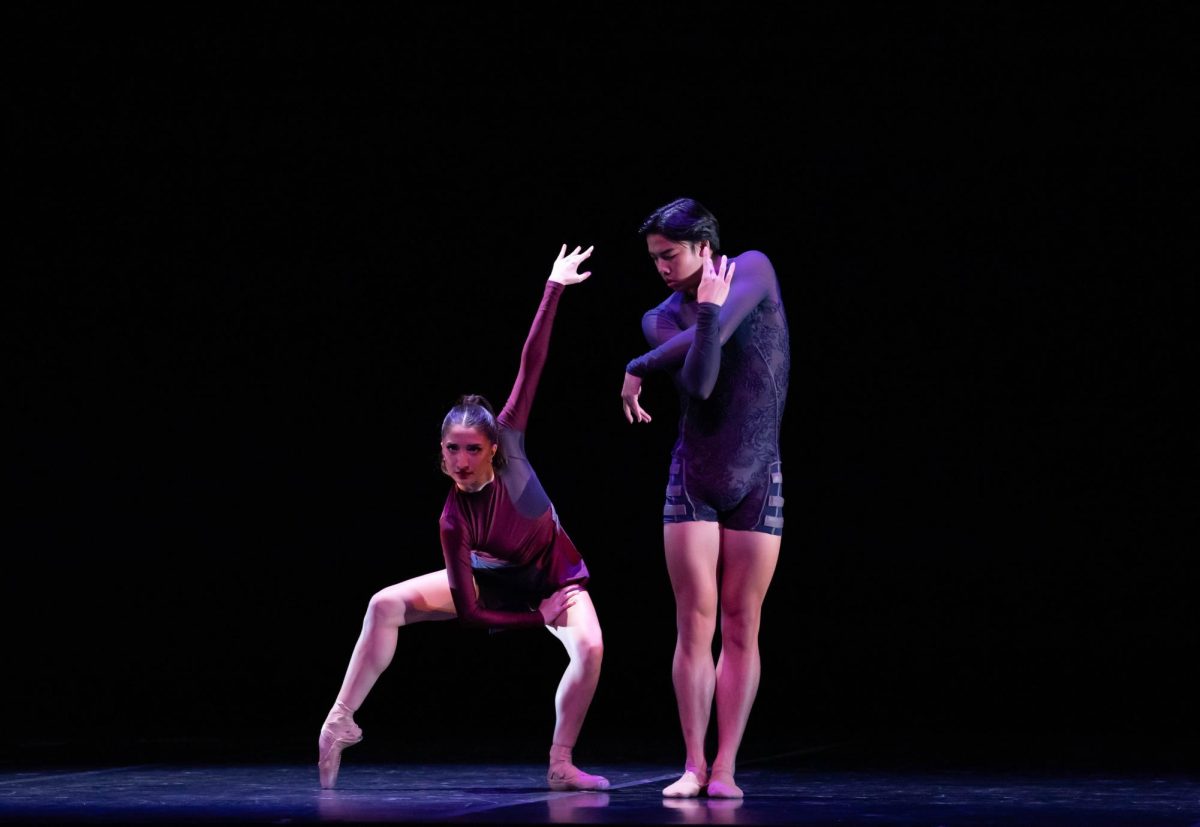Abhi Sreerama, UT alumnus and Holi co-chair, said he did not expect this year’s Holi to attract 7,500 people, an attendance that nearly doubled from 2013.
“We definitely had a major increase in attendance from last year,” Sreerama said. “I guess, logistically, we did not anticipate such a turnout in our wildest imaginations, yet it is a great credit to our officer group and staff for being able to adjust on the fly.”
Holi is an annual religious Hindu festival celebrating the victory of good over evil on the day of the full moon, as well as the arrival of color in spring. It is observed in India by participants holding prayer, playing games and throwing colored powder, or rang, at each other. Mrinalini Vijalapuram, Holi co-chair and international relations and global studies senior, said that, in hosting Holi at UT for 11 years, the Hindu Students Association also focuses on celebrating ethnic diversity through the festival.
“We feel that Holi brings together people of all ethnicities, especially when you’re throwing color at each other,” Vijalapuram said. “The significance of different colors being on your skin is really important to signify that it doesn’t matter what race you are. We’re all here to learn and have fun.”
Vijalapuram said, while the organization attracts thousands of people to Holi each year, the event at UT is of a smaller scale than that of the celebration of Holi in India. Sreerama recalled his time celebrating Holi in India to be “both amazing and definitely a little bit more dangerous,” and said that some people will use homemade rang and oil instead of store-bought rang and water, or celebrate with “bhang,” otherwise known as a cannabis milkshake.
“In India, it’s crazy — no matter what your religion is, everyone’s doing it,” Sreerama said. “People are in houses throwing [color] into the streets. People on the streets are throwing it onto each other. The shops are closed. Usually, a couple hours are spent running around with color, and the rest [of Holi] is spent having fun and playing different games with your family.”
Hindu families also celebrate a “puja,” or prayer, in the morning, specifically for Holi.
“If you’re a part of a traditional Hindu household, in the mornings, there will be a puja, where you pray to God, but in a more personal setting with your family,” Sreerama said. “Sometimes, you may get a priest to lead you. It’s a ritual, basically.”
This year’s Holi featured a few firsts, including the first time the event was held on the LBJ Library lawn, as well as the first time the event coordinators have committed to making the event completely waste-free.
Sreerama said, for the past two years, the organization has worked with UT’s Green Events, but it was this year that they decided to do away with paper advertising, plastic banners and non-compostable plastic balloons, along with other waste-creating aspects of past festivals.
“It’s potentially the largest university organization-run event ever that’s waste-free in the United States,” Sreerama said. “That idea was too enticing to miss, and we just pushed for it.”
With Green Events helping facilitate a transition to biodegradable bags, cups, plates and powder, the cleanup concluded with only one bag of trash, Sreerama said.
“One aspect I didn’t foresee is how much trash people bring on their own into the event, like their own water bottles and food,” Sreerama said. “That being said, we were able to quite easily separate anything compostable from that trash which is recyclable.”
Ayushi Agarwala, Plan II and finance senior and festival attendee, said Holi is a huge cultural tradition in her family and that she never thinks to miss the festival. Agarwala said that, while some students who celebrate Holi may not completely understand the cultural or religious aspects behind it, hosting Holi at UT is still beneficial for educating others on the Hindu religion.
“Once they come out, they always ask the question, ‘What’s going on,?’” Agarwala said. “They gain a bit of understanding. If you didn’t do anything at all they would have no idea. Even if they don’t know the full significance, they know something now.




















